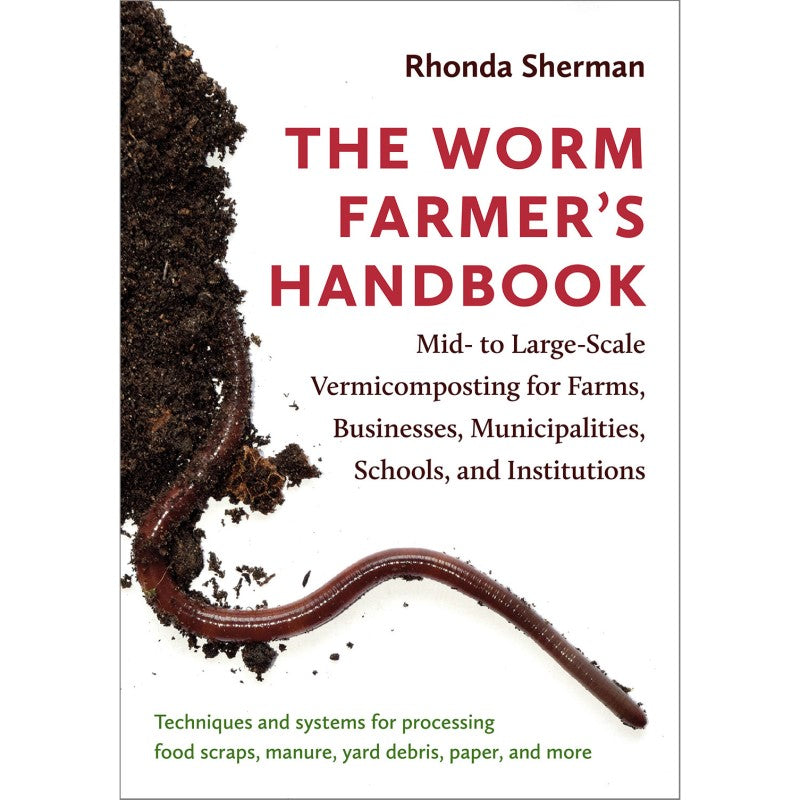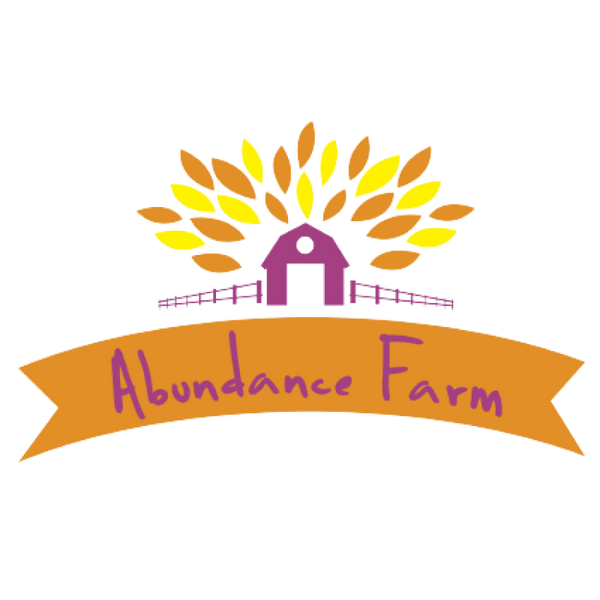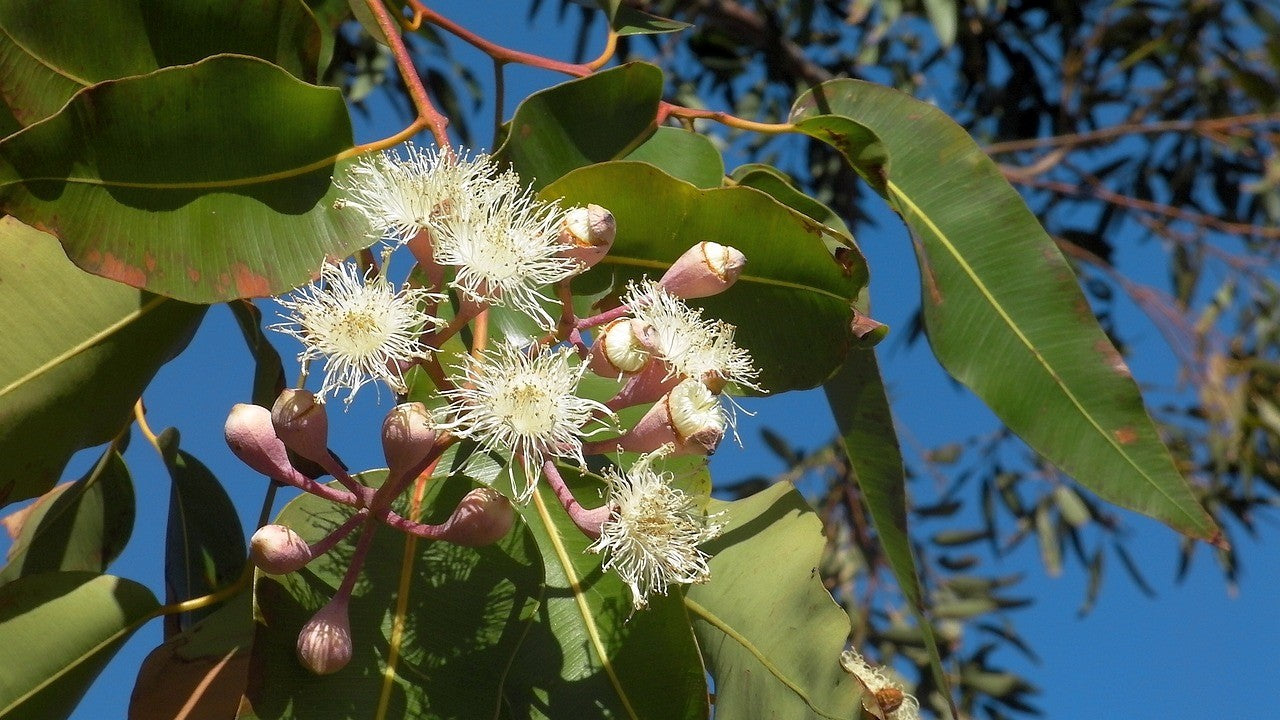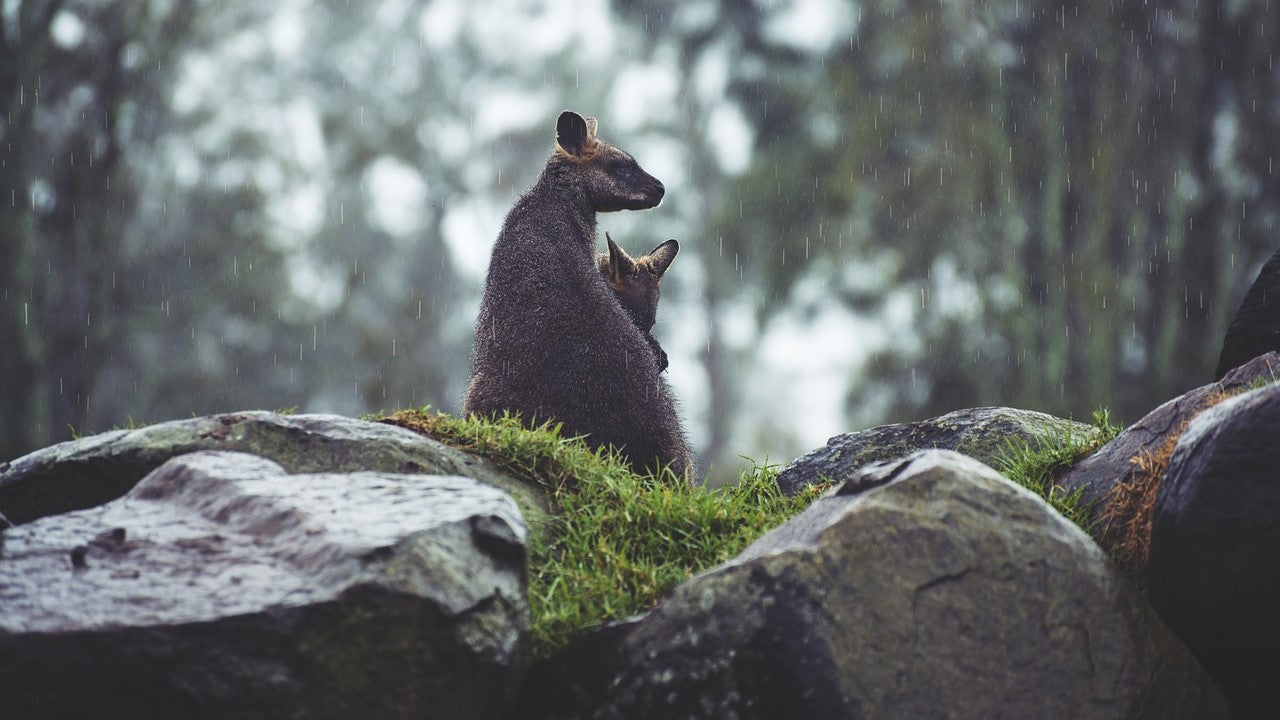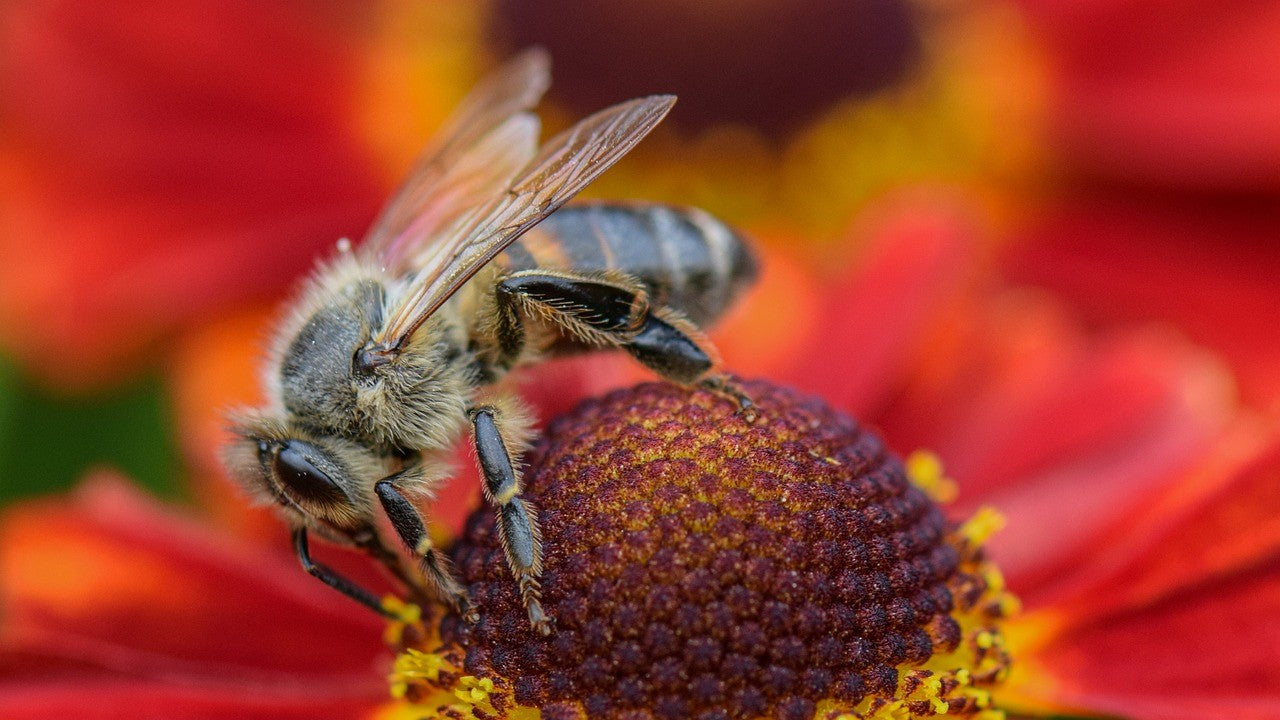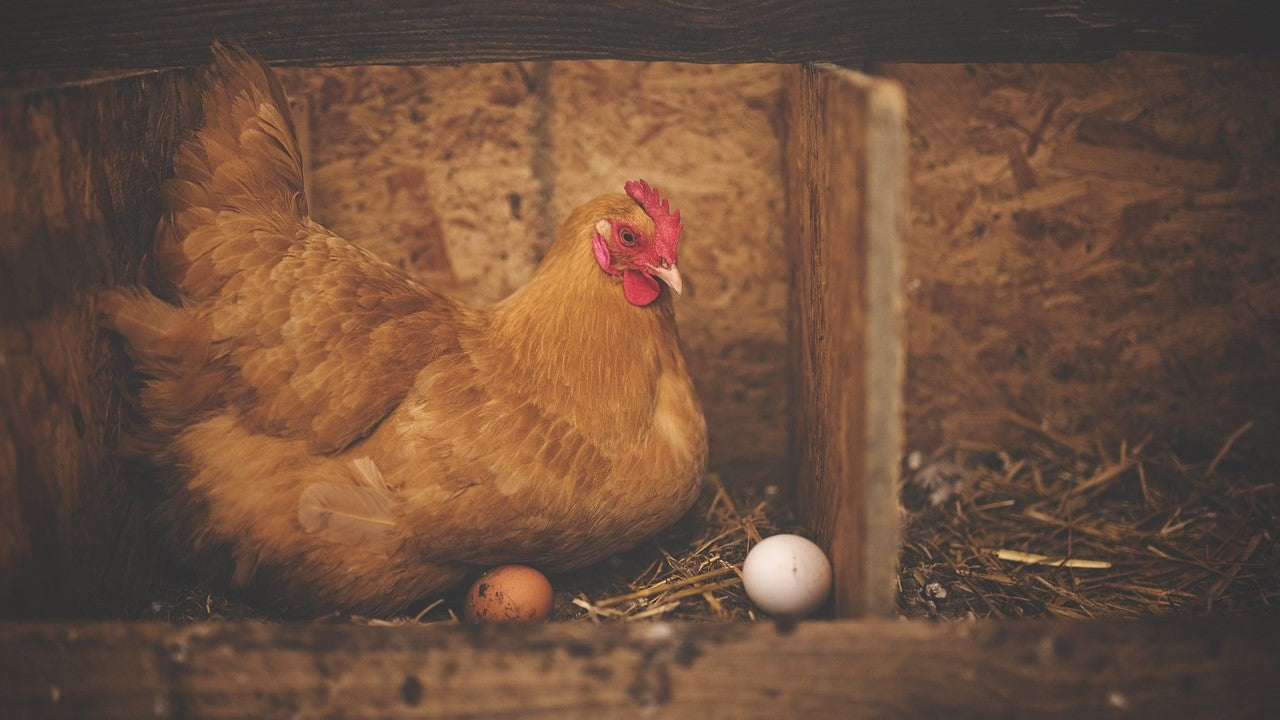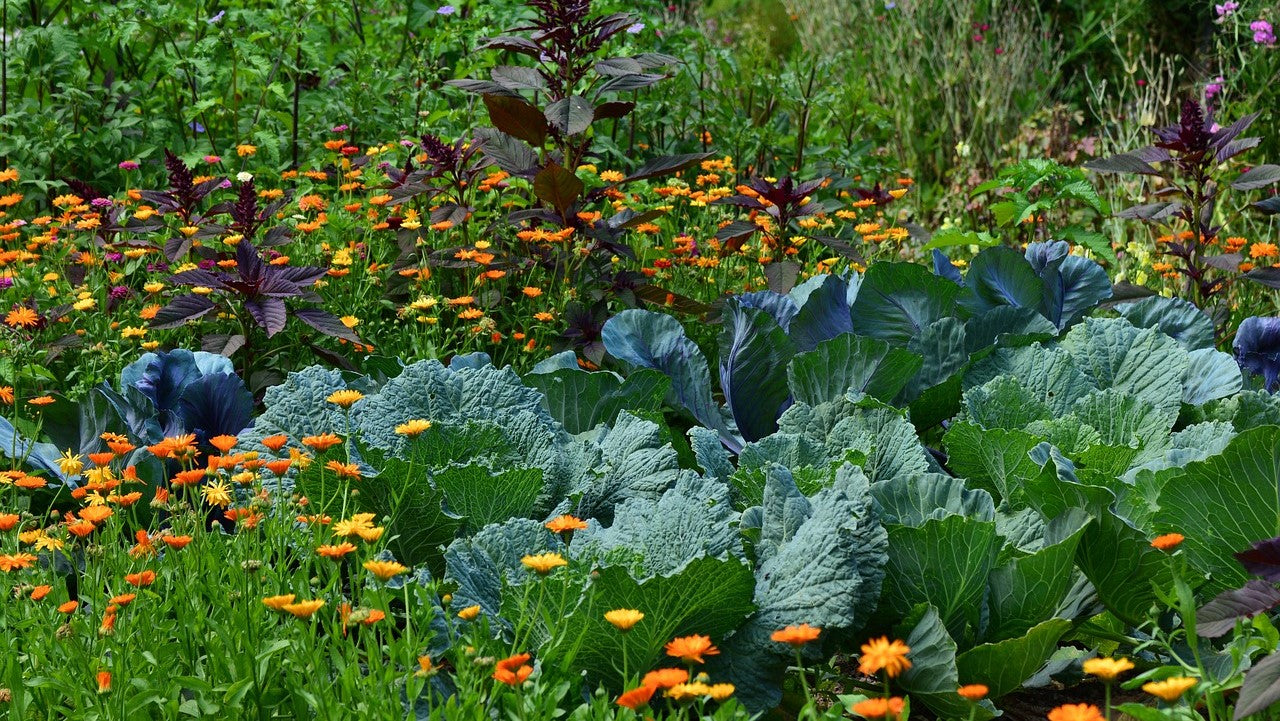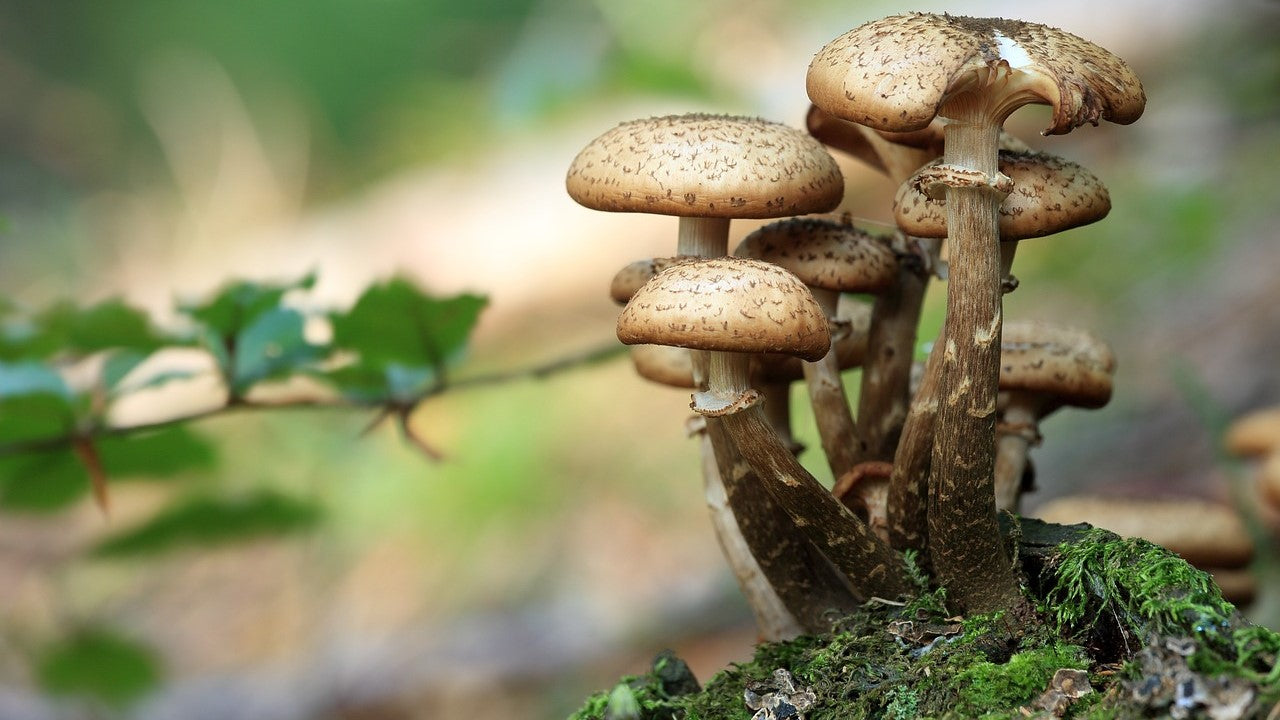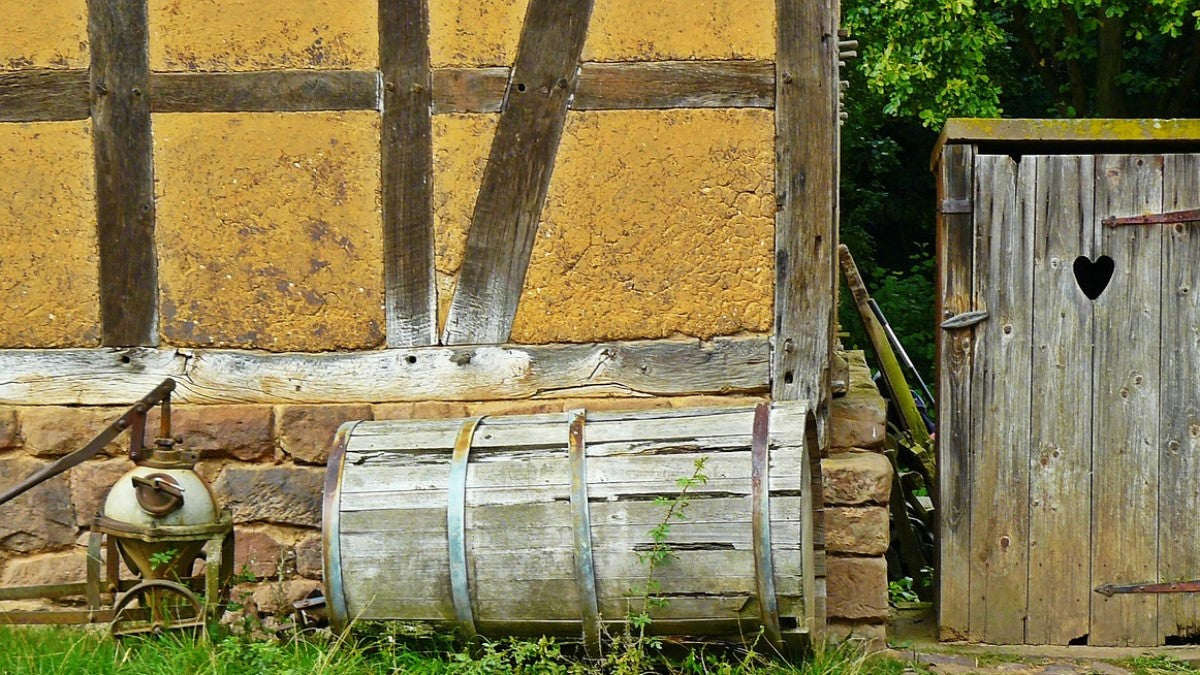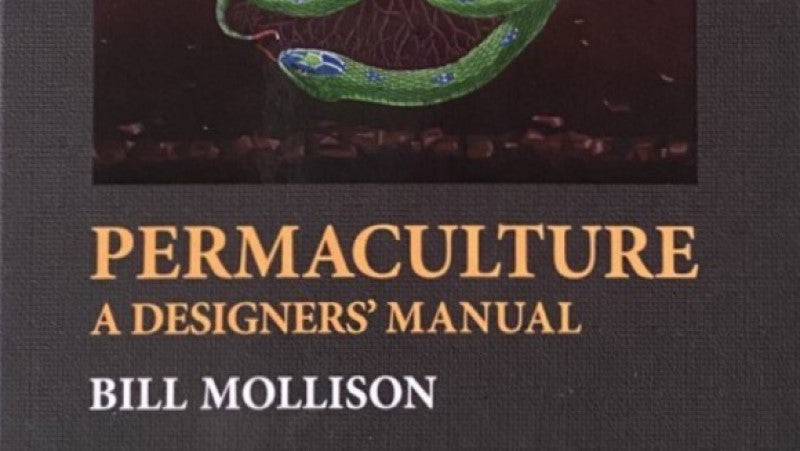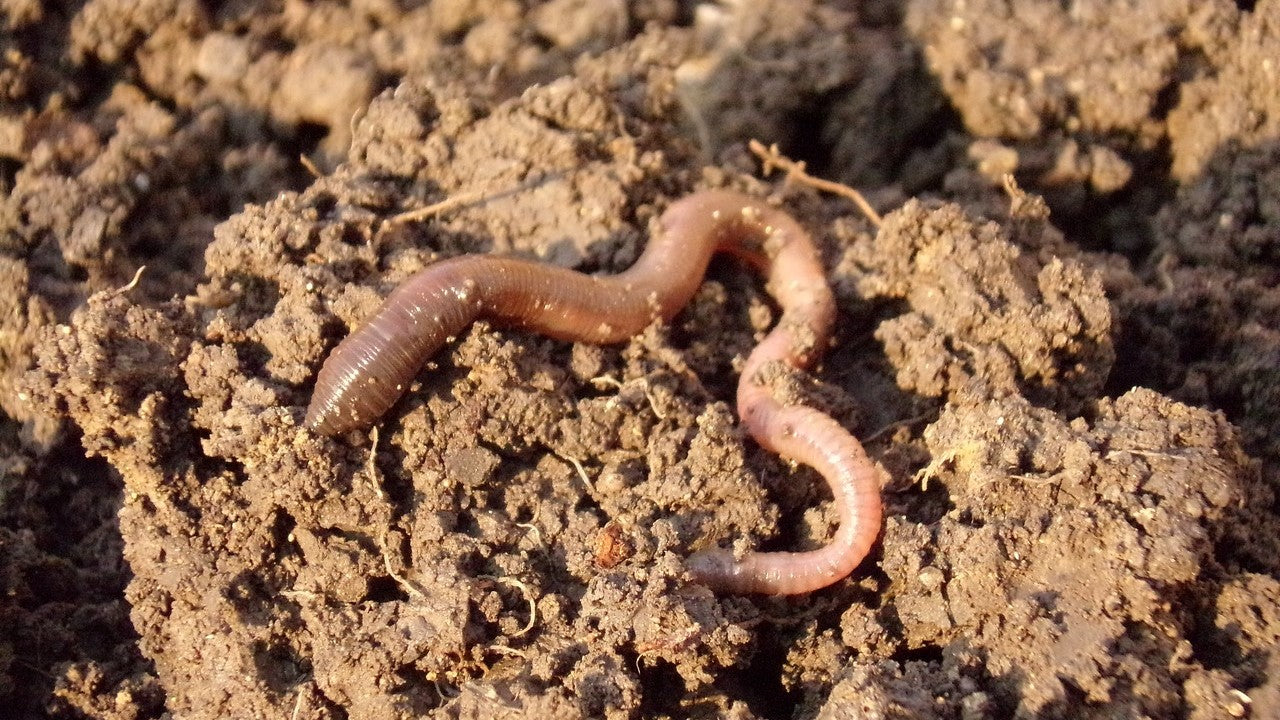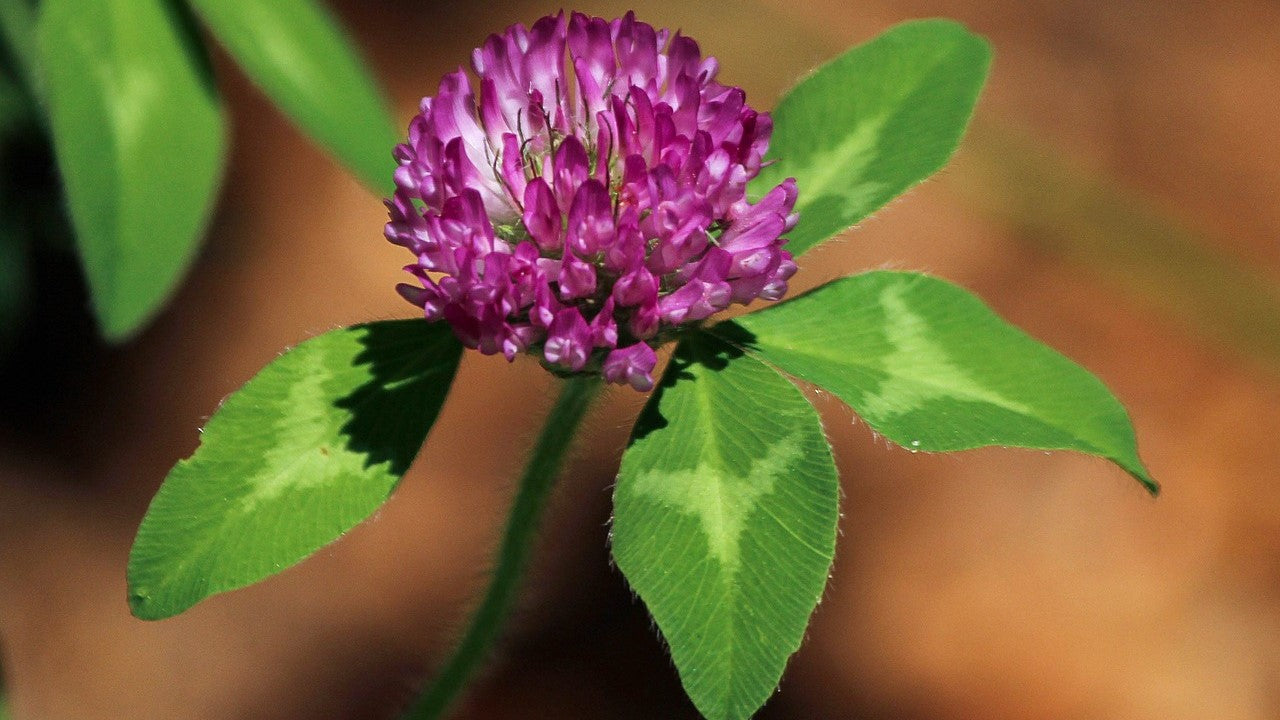Chelsea Green Publishing Co
The Worm Farmer’s Handbook – Rhonda Sherman
The Worm Farmer’s Handbook – Rhonda Sherman
Couldn't load pickup availability
The Worm Farmer’s handbook: Mid- to Large-Scale Vermicomposting for Farms, Businesses, Municipalities, Schools, and Institutions
by Rhonda Sherman
Published by Chelsea Green Publishing Co - November 2018 - Paperback - 256pp – 25.5cm x 18cm
Techniques and systems for processing food scraps, manure, yard debris, paper, and more.
Turning waste into wealth sounds too good to be true, but many worm farmers are finding that vermicomposting is a reliable way to do just that. Vermicast—a biologically active, nutrient-rich mix of earthworm castings and decomposed organic matter — sells for $400 or more per cubic yard. Compare that to regular compost, sold at about $30 a cubic yard, and you’ll see why vermicomposting has taken root in most countries and on every continent but Antarctica.
Vermicomposting is also one of the best sustainable solutions for organic waste management. Vermicomposting manure and crop wastes on farms improves crop yields while reducing demand for off-farm inputs. Vermicast has higher nutrient levels and lower soluble salt content than regular compost, and it improves soil aeration, porosity, and water retention. Plus, vermicast suppresses plant diseases and insect attacks. Municipalities, businesses, community gardens, schools, and universities can set up vermicomposting operations to process food residuals and other waste materials.
The Worm Farmer’s Handbook details the ins and outs of vermicomposting for mid- to large-scale operations, including how to recycle organic materials ranging from food wastes and yard trimmings to manure and shredded office paper. Vermicomposting expert Rhonda Sherman shares what she has learned over twenty-five years working with commercial worm growers and researchers around the world. Her profiles of successful worm growers across the United States and from New Zealand to the Middle East and Europe describe their proven methods and systems.
This book digs into all the details, including:
- Choosing the right production system
- Regulatory issues and developing a business and marketing plan
- Finding and managing feedstocks
- Pre-composting: why and how to do it
- Monitoring an active worm bed
- Harvesting, screening, testing, packaging, and storing vermicast
- Markets for earthworms and vermicast
- Food security: how vermicast benefits soils and plants
- Keys to success: avoiding common pitfalls
From livestock farms and restaurants to colleges, military bases, and prisons, Sherman details why and how commercial-scale vermicomposting is a fast-growing, sustainable solution for organic waste management. The Worm Farmer’s Handbook is the first and only authoritative how-to guide that goes beyond small-scale operations and demystifies the science and logistics of the fascinating process that is vermicomposting.
‘The real value of this work is the applicability of the national and international information brought together in one resource for use by vermicompost operators.’ — Choice Reviews
‘In my 24 years in the worm business, I have read and sold many books about worms. The Worm Farmer’s Handbook is the most comprehensive and detailed collection of information on vermicomposting I have encountered. Rhonda Sherman provides clear instructions and guidance on everything a beginner needs to know to start up and successfully maintain a worm business, from type of beds and feedstocks to how to feed, harvest, package, ship, and much more. Experienced farmers will find plenty of excellent tips and ideas to improve their businesses, too. Well done, Rhonda!’ — Mark Purser, co-owner, The Worm Farm, Durham, California
Extension Specialist Rhonda Sherman is the director of the Compost Learning Lab at North Carolina State University and one of the leading experts worldwide on vermicomposting. Rhonda travels extensively to present workshops and to consult with farmers, businesses, and institutions on the development and management of vermicomposting systems. She organizes the highly successful annual NC State Vermiculture Conference, which for nineteen years has drawn participants from across the United States and around the globe. She is a co-editor of Vermiculture Technology and has written extensively about composting and vermicomposting in her role with NC State University.
